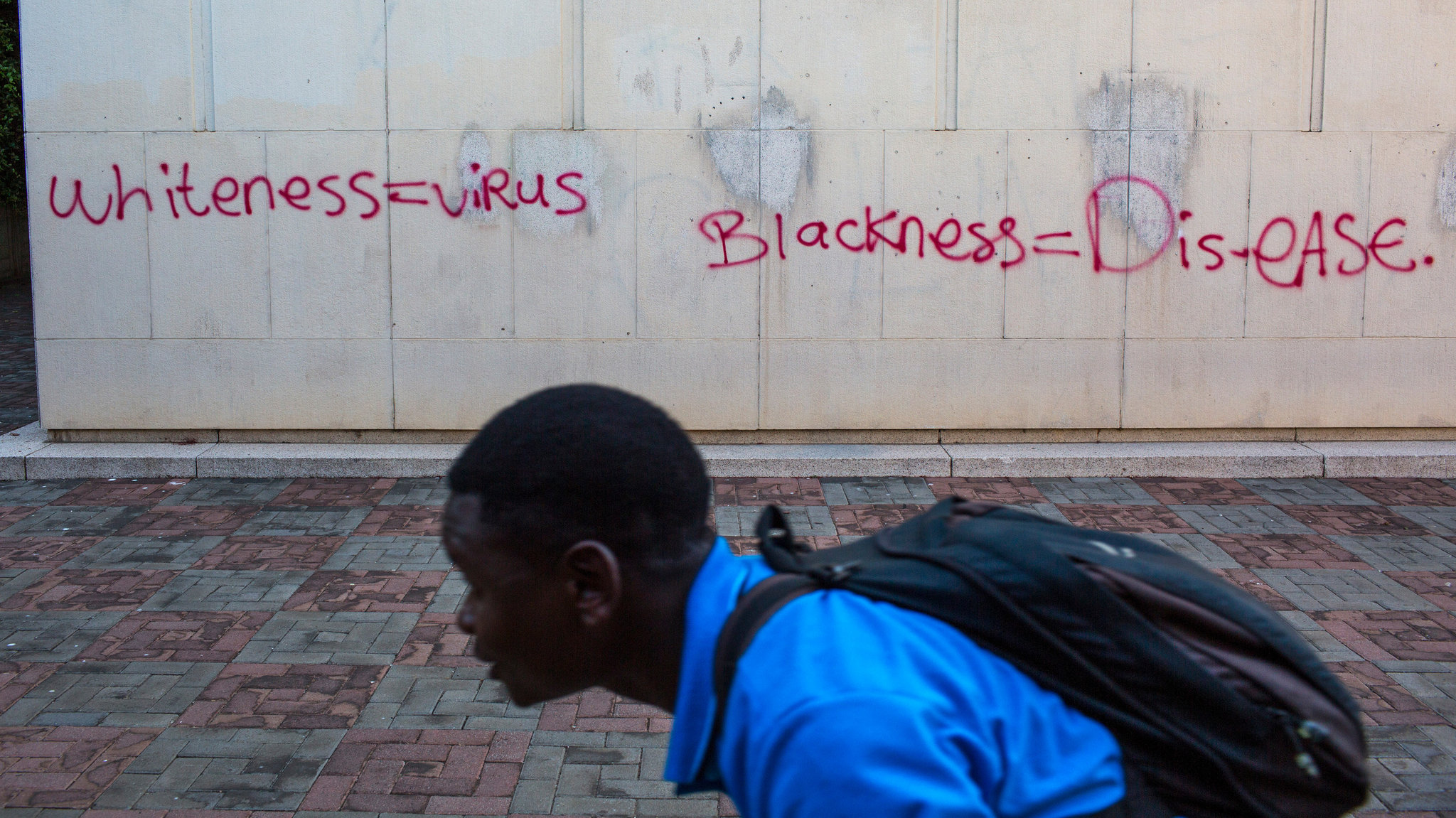When you encounter the phrase "why this nigga look so mad," it often evokes a complex interplay of emotions, cultural connotations, and social commentary. This article delves into the origins of this expression, the cultural significance behind it, and its implications in contemporary society. By examining various contexts in which this phrase is used, we aim to provide a comprehensive understanding that resonates with diverse audiences.
The phrase itself has gained traction in various forms of media, particularly in memes and social commentary. It often reflects a humorous or exaggerated reaction to someone's facial expression or demeanor. However, beneath the surface, it also highlights deeper societal issues, including racial stereotypes and the ongoing dialogues about emotional expression within different communities. In this article, we will explore these dimensions, allowing readers to appreciate the nuances involved.
Moreover, understanding why someone might appear mad or upset can lead to discussions about mental health, societal pressures, and the importance of empathy. This article will not only scrutinize the phrase but also encourage readers to engage critically with the content and reflect on their perceptions and biases. So, let’s dive deeper into this intriguing topic.
Table of Contents
- The Origins of the Phrase
- Cultural Context and Significance
- Emotional Expression in Different Cultures
- Racial Stereotypes and Media Representation
- The Impact of Social Media
- Mental Health and Emotional Awareness
- Empathy and Understanding
- Conclusion and Call to Action
The Origins of the Phrase
The phrase "why this nigga look so mad" has its roots in social media and meme culture, where it is often used to comment on or exaggerate someone's angry expression. It can be traced back to various online platforms where users share humorous or relatable content. The use of the term "nigga" itself is a reflection of African American Vernacular English (AAVE), which has its own set of rules and cultural significance.
The Evolution of Language in Social Media
Language in the digital age evolves rapidly, with phrases gaining popularity and then fading away. This particular phrase exemplifies how language can be both a reflection of cultural identity and a tool for humor.
Cultural Context and Significance
Understanding the cultural significance of this phrase requires a deep dive into the context in which it is used. It often reflects the dynamics of race, emotion, and societal expectations regarding how individuals, particularly men, are perceived based on their facial expressions.
Humor as a Coping Mechanism
For many, using humor to comment on serious topics, such as race and anger, serves as a coping mechanism. It allows individuals to address uncomfortable emotions in a way that is more palatable.
Emotional Expression in Different Cultures
Emotional expression varies widely across cultures. In some cultures, displaying anger is seen as a sign of strength, while in others, it may be viewed as a lack of self-control. Understanding these differences is crucial for a nuanced interpretation of the phrase.
Societal Expectations of Masculinity
The concept of masculinity plays a significant role in how emotions are expressed. Men, particularly in certain cultures, are often expected to suppress their feelings, which can lead to misunderstandings when expressions of anger are misinterpreted.
Racial Stereotypes and Media Representation
The phrase also touches on the broader issues of racial stereotypes and representation in media. The portrayal of Black men in media often leans towards depicting them as aggressive or angry, which can perpetuate harmful stereotypes.
The Role of Media in Shaping Perceptions
Media representation plays a significant role in shaping public perceptions of different races. Understanding how these portrayals affect societal views is crucial for addressing biases and promoting a more balanced representation.
The Impact of Social Media
Social media has transformed how we communicate and understand cultural expressions. Memes, in particular, have become a vehicle for cultural commentary, allowing phrases like "why this nigga look so mad" to spread rapidly.
Memes as Cultural Commentary
Memes serve as a form of cultural commentary, often reflecting societal issues in a humorous light. They can provoke thought while also entertaining, making them a powerful tool for discussion.
Mental Health and Emotional Awareness
Addressing the phrase also brings to light the importance of mental health awareness. It encourages conversations about emotional well-being and the stigma surrounding mental health issues, particularly in marginalized communities.
Breaking the Stigma
Encouraging open discussions about mental health can help break down the stigma associated with emotional expression, allowing individuals to seek help and support when needed.
Empathy and Understanding
Ultimately, understanding the phrase requires empathy and a willingness to look beyond surface-level interpretations. It calls for a deeper understanding of the emotions behind facial expressions and the societal contexts that shape them.
Fostering Open Dialogue
Creating spaces for open dialogue about race, emotion, and societal expectations can foster greater understanding and reduce misunderstandings.
Conclusion and Call to Action
In conclusion, the phrase "why this nigga look so mad" serves as more than just a humorous remark; it encapsulates complex societal dynamics surrounding race, emotion, and cultural expression. By engaging critically with this phrase, we can foster a more inclusive and empathetic society. We encourage readers to reflect on their perceptions and biases, engage in conversations about mental health, and share this article to spread awareness.
What are your thoughts on this topic? We invite you to leave a comment below, share this article with others, or explore more content on our site to continue the discussion.
Thank you for reading, and we hope to see you again soon!
You Might Also Like
Aquarius And Gemini Compatibility: A Deep Dive Into Their Celestial ConnectionOutdoor Wedding Venues In Newport Beach: A Complete Guide
Ink Master Season 13: A Comprehensive Guide To The Tenth Season Of The Iconic Tattoo Competition
Oswald Mosley: The Actor Who Captured The Screen
Ann Morgan Guilbert Net Worth: A Comprehensive Insight Into The Life And Wealth Of A Beloved Actress
Article Recommendations


